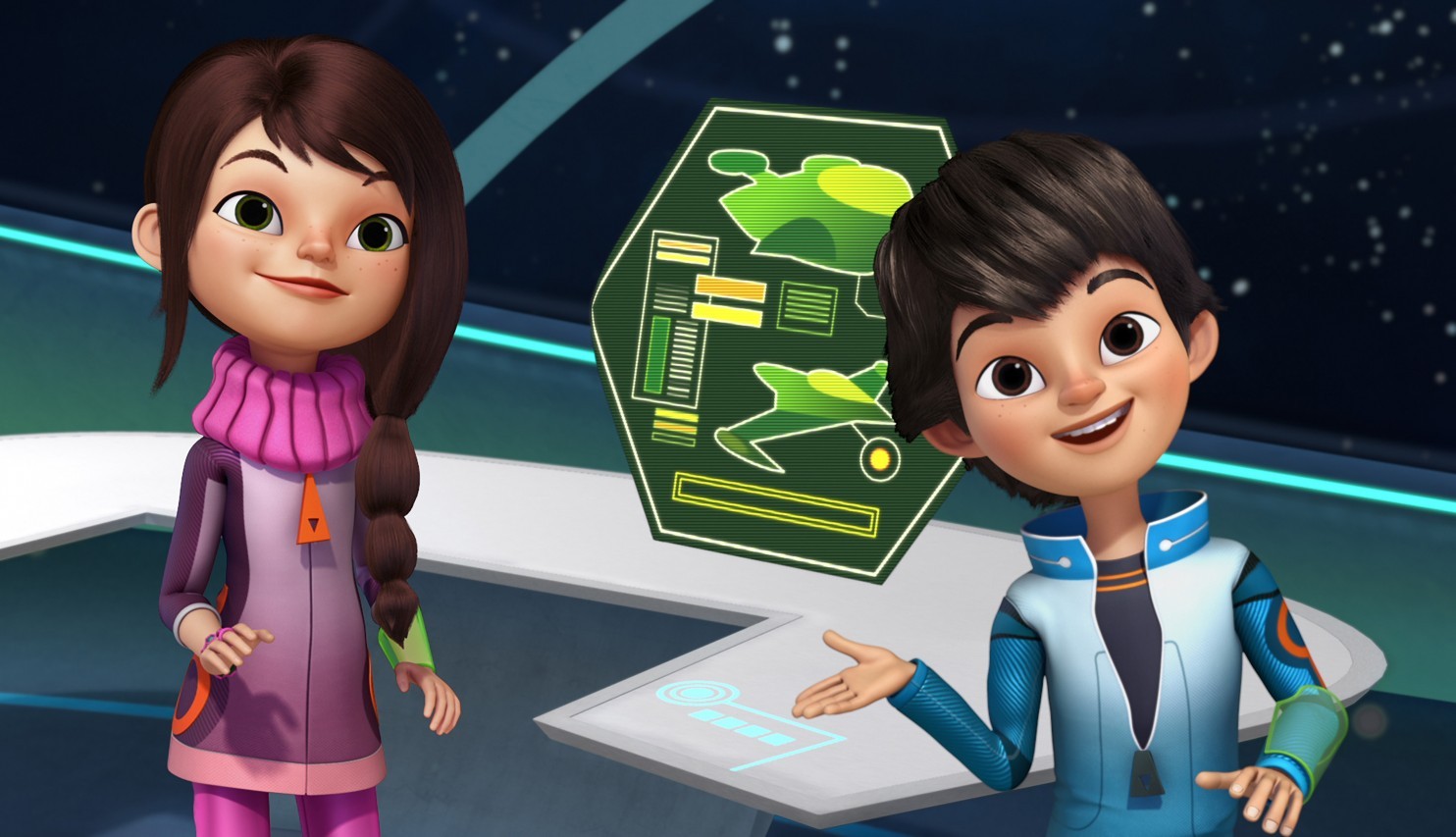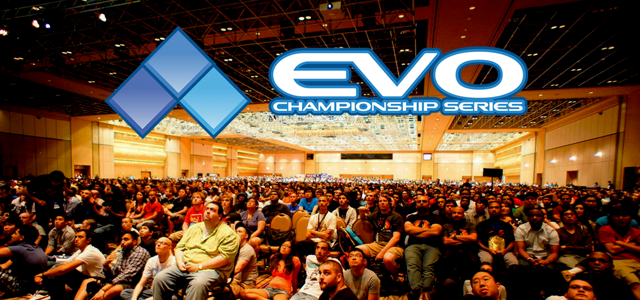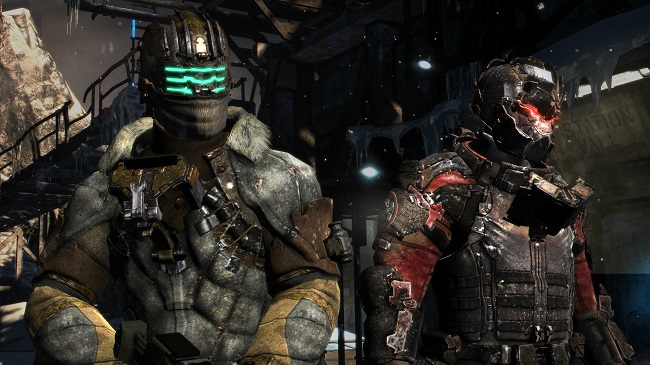We got an e-mail last week about good games with troubling elements — so, basically, all games. But the question was: how do we choose the right way to handle games with problems? We have to play the games to understand them, and we want to support devs who are doing their best, even if they make mistakes, but we don’t want to support anything egregious, either. It’s a tough question. And no, the answer isn’t piracy.
Part of me wants to go with the simple answer, which is just: do what you feel comfortable with. Probably I’ll end up back here anyway, so why not just say it now? Because the truth is that it’s not quite that simple, or it is, but for someone in my position, it’s an answer that falls short, so I’ll give the long version and then swing back around to the TL;DR.
There are a lot of ways to answer this question, all of which require really unpacking the question itself. First, what really makes a game troubling? Or maybe a better question is: aren’t all games troubling? I made this joke already, but now it’s not a joke, just the cold, hard truth. There are damned few (if any) perfect games. The gameplay might be stellar, but the story and characters suffer. The story is great, and sensitive, but the mechanics are a little lacking. It’s ludology vs narratology on steroids. Why is that? Is it because people who want a good story will sometimes forgive shaky gameplay? Maybe so; see Life Is Strange as an example, or maybe even my beloved Firewatch. People who want to shit shit or blow shit up usually aren’t as invested in the why of why you’re destroying thing so long as thing is destroyed, hence mechanics are foremost on such games. And somehow it became acceptable to sacrifice one for the other. It was the status quo.
But why? Why does it have to be this way?
Well, part of it’s money. Maybe all of it. Money to punch up gameplay, to fix flaws, to account for bugs, to hire a writer. In labor hours, in the cost of a writer, there’s where you’ll find many of your answers. Big games are expensive; small games are often produced on a shoestring budget. No one has any wiggle room, and frankly, good and respectful characterization is a more recent concern for a lot of people. For decades, we’d grumble but accept. Sam has talked about this before with regard to Lara Croft, for instance: at the time Tomb Raider debuted, just having a tough female lead was such a novel concept that she could have actually solved puzzles by manipulating rocks with her labia and people still might have said well, at least we have something! We can say similar things about the Resident Evil series. Sure, it has it buckets of problems, but by simple virtue of existing, Resident Evil threw tons more female character into the mix!
So we got to a “well, at least…” mentality. And there we sat for a while. But over the last decade, many players have decided “at least” isn’t enough, so we start making decisions about what to buy and what just isn’t good enough, and we start pushing back. This is where the decisions get more difficult. Sometimes you have to try a game to see if it’ll actually be good enough. Sometimes you want to support the hell out of a flawed game because it is in line with what you want to see more of (again, I’m thinking about something like Life Is Strange here). As we’ve been reminded again and again, the best thing we can do is vote with our wallets… so maybe we rent or borrow a friend’s copy to check something out. Maybe we watch some Let’s Plays. It can be hard to wait on a game that looks good but also possibly sketchy, but asking for change also means recalibrating our thinking a little past “well, at least….” We’ll have to, though, if we want to keep pushing forward. So if you’re on the fence about something like Horizon Zero Dawn or Mass Effect Andromeda, you’ve gotta ask yourself: where’s my line? What am I supporting if I buy them, and who? This applies in all sorts of ways: characterization, cultural impacts, decisions on gameplay, mechanics, design. Are these good faith creations? Are they pushing us past the status quo? (Here, a small part of me just wants to say, go buy Breath of the Wild instead! All problems solved. At least, if you just want to climb around on everything. That’s my line. Can I climb? Sold. Which is also the story of how I ended up playing more of Dying Light than I was comfortable with…)
This is where we circle back to the personal. Everyone has lines. Issues that are more important than others. I deleted Pokémon Go almost immediately and never spent a dime because I felt very strongly about it, but I’m also not a huge Pokémon fan, so that was an easy choice for me. I still hate everything about Quiet, but I bought Metal Gear Solid V and I don’t regret it. At the end of the day, it’s Metal Gear, and what’s Metal Gear ever been but fucked up? At the same time, though, these choices are easier for me. I have a platform. If I don’t like something I’ve bought, I have a little more recourse. Not a lot, but some. What of the average consumer? There’s no easy path here. Buy what you can justify, what you can be comfortable with. But support games that are doing things well. Encourage friends to buy them. Write to the creators. Throw a couple dollars at Kickstarters, at Patreons. Remind bigger companies to make space for smaller games. Everything helps — in theory, at least. And then we wait.
Gaming is in a period of flux right now. Changes are happening, and while many manifestations of that change are deeply flawed, who knows where we’ll be in five more years. In ten. It’s the getting there that’s hard.




